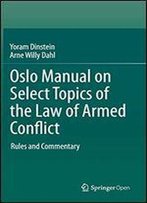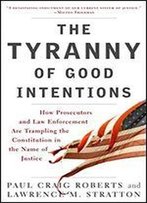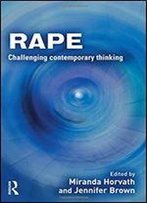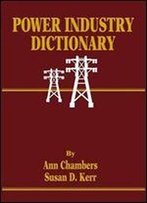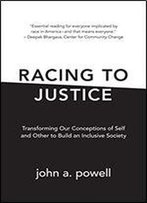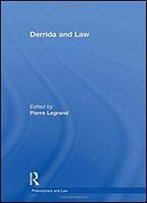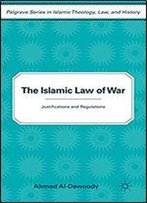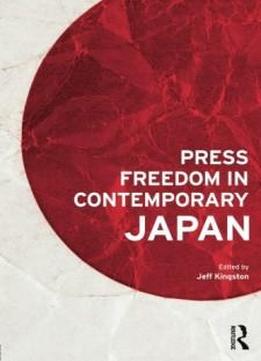
Press Freedom In Contemporary Japan
by Jeff Kingston /
2016 / English / PDF
4.2 MB Download
In twenty-first century Japan there are numerous instances of
media harassment, intimidation, censorship and self-censorship
that undermine the freedom of the press and influence how the
news is reported. Since Abe returned to power in 2012, the
recrudescence of nationalism under his leadership has emboldened
right-wing activists and organizations targeting liberal media
outlets, journalists, peace museums and ethnic Korean residents
in Japan. This ongoing culture war involves the media, school
textbooks, constitutional revision, pacifism and security
doctrine.
In twenty-first century Japan there are numerous instances of
media harassment, intimidation, censorship and self-censorship
that undermine the freedom of the press and influence how the
news is reported. Since Abe returned to power in 2012, the
recrudescence of nationalism under his leadership has emboldened
right-wing activists and organizations targeting liberal media
outlets, journalists, peace museums and ethnic Korean residents
in Japan. This ongoing culture war involves the media, school
textbooks, constitutional revision, pacifism and security
doctrine.
This text is divided into five sections that cover:
This text is divided into five sections that cover:Politics of press freedom;
Politics of press freedom;The legal landscape;
The legal landscape;History and culture;
History and culture;Marginalization;
Marginalization;PR, public diplomacy and manipulating opinion.
PR, public diplomacy and manipulating opinion.Press Freedom in Contemporary Japan
Press Freedom in Contemporary Japan brings together
contributions from an international and interdisciplinary line-up
of academics and journalists intimately familiar with the current
climate, in order to discuss and evaluate these issues and
explore potential future outcomes. It is essential reading for
anyone wishing to understand contemporary Japan and the politics
of freedom of expression and transparency in the Abe era. It will
appeal to students, academics, Japan specialists, journalists,
legal scholars, historians, political scientists, sociologists,
and those engaged in human rights, media studies and Asian
Studies.
brings together
contributions from an international and interdisciplinary line-up
of academics and journalists intimately familiar with the current
climate, in order to discuss and evaluate these issues and
explore potential future outcomes. It is essential reading for
anyone wishing to understand contemporary Japan and the politics
of freedom of expression and transparency in the Abe era. It will
appeal to students, academics, Japan specialists, journalists,
legal scholars, historians, political scientists, sociologists,
and those engaged in human rights, media studies and Asian
Studies.
